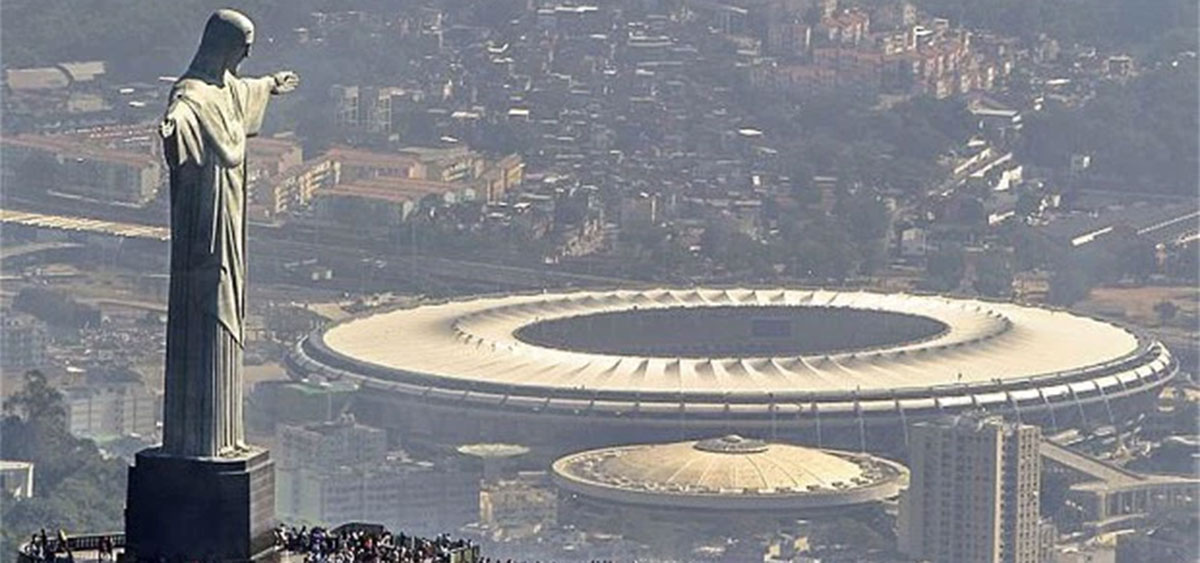Temperatures Rising in Rio

It is the morning of the 18th of April 2016 and less than ten hours ago, the Lower House of the Brazilian Congress approved the impeachment motion against current president Dilma Rousseff from the Workers Party (PT). Yes, Brazil is also 109 days away from hosting the 2016 Summer Olympic Games in Rio de Janeiro; however, given the current political turmoil, the record-breaking unemployment numbers and the ongoing health threat of the Zika virus outbreak, it is easy to understand why most Brazilians are not focused on the Olympics.
Less than two weeks ago, Ms. Rousseff was speaking at the grand opening of the Aquatics Centre built for the games and made almost no reference to the Olympics itself. She actually used her speech to allude to the current political crisis and to express her intention to fight to defend herself. The content of her speech demonstrated the true purpose of the event, which had little to do with Rio, 2016. In order to better understand the real motivation for Brazil’s bid to host the global games, as well as to assess the range of potential benefits and disadvantages for the nation, we need to go back in time once again.
The year is 2009 and the governing Workers Party (PT) led by Ms. Rousseff’s predecessor, Luis Inácio Lula da Silva (commonly known as Lula) made a passionate and enthusiastic pitch to the International Olympic Committee (IOC) claiming that Brazil was “a progressive, democratic country”. At this point in time, Brazil was riding high on the commodities wave and attracting significant foreign investment, leading respected publications such as The Economist to claim that Brazil was “Taking Off”. Such a positive and widespread economic narrative surrounding the country was enough to convince the IOC to give Brazil the chance to be the first-ever South American Olympic host.
It is important to note, however, that the real motivation behind the PT’s bid to host the Olympics (and the 2014 World Cup for that matter) was not to bring “entertainment to the distressed Brazilian population and put Brazil at the center of the international stage” – as the highly charismatic leader Mr. da Silva had claimed. As was apparent in the aftermath of the 2014 World Cup, the Brazilian population did not reap any of the benefits that the event was supposed to yield: not only were the tickets heavily overpriced, and therefore inaccessible to the average Brazilian, but many of the stadiums built were locked away once the event was finished.
Fast-forward to 2016 and Brazil faces an unparalleled economic recession and political instability. The root cause is one of the biggest corruption scandals ever registered: reportedly an intricate money laundering scheme involving the PT, Petrobrás (Brazil’s government-owned oil company) and several major construction companies. The latter were not only responsible for building the majority of the stadiums for the World Cup but are also building many facilities for the Olympic Games. Unsurprisingly, many PT politicians have been charged with benefiting from overpaid constructions, refurbishments and other bribes to make the constructions viable.
What is happening in Rio now is strikingly similar to what happened in the country a mere 2 years ago: constructions for the games are running overdue, are over budget and built with dubious quality. To top it off, the city is facing an outbreak of the Zika virus – a direct consequence of the governmental cuts on the money devoted to Healthcare. This has prompted some delegations to boycott the games.
Even the subway expansion, which could prove advantageous to the city’s population has been postponed following the mayor’s decision to divert funds to the construction of velodromes and other Olympic facilities. It is possible that the 2016 Olympic Games may yield some positive indirect benefits to Rio and to Brazil as a whole – through new facilities for sports or other infrastructural improvements. Unfortunately for the PT, Ms. Rousseff might not be around to claim any of the credit.
13th May 2016

